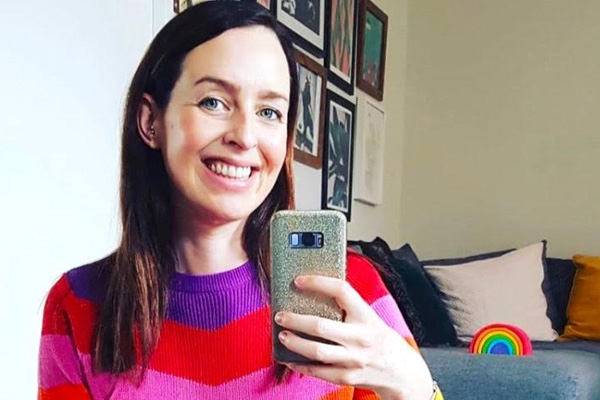Not A Part Time Job –
Sept. 18, 2019 – On the face of it, sobriety slots in neatly alongside other wellness trends, like meditation apps, reiki and eating raw foods for breakfast. People write books about it that aren’t “addiction memoirs” based on horror stories of blackouts and absconding from rehab. Sober Instagram influencers boast thousands of followers, including regular drinkers and the “sober curious.” Alcohol-free bars, like Listen Bar in NYC and Sans Bar in Texas, are popping up all over the place (and hipsters are hanging out there).
Nobody can deny that giving up (or at least cutting down on) booze is a major positive. It boosts your immune system, improves cardiovascular and liver health, decreases your risk of cancer and even helps your brain work better. So the more sobriety is talked about, the more people take the plunge and switch cocktails for mocktails, the more good it’s doing on a large scale.
“A lot of people quit drinking for periods of time when they pursue wellness,” says psychotherapist Jean M. Campbell, LCSW, who has worked with women with alcoholism for over 20 years. “For some, it’s a choice to be healthier and if they make a decision to practice abstinence, and they’re not actually an alcoholic, then it most likely won’t be a difficult decision, nor will it be difficult to follow through it. They might not even miss drinking.”



